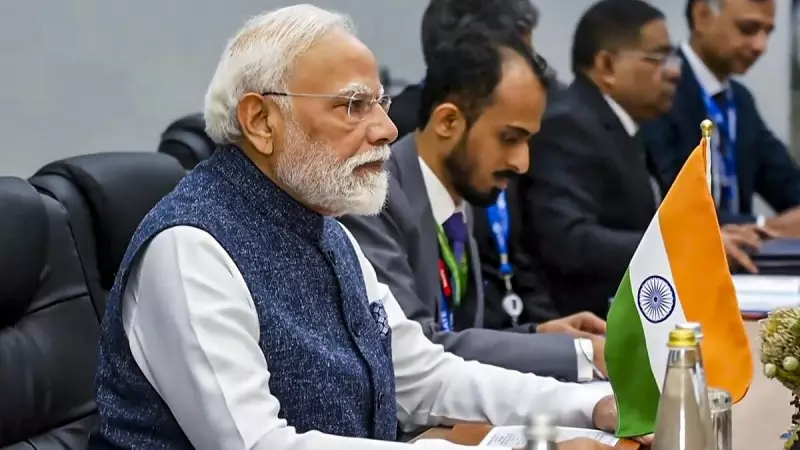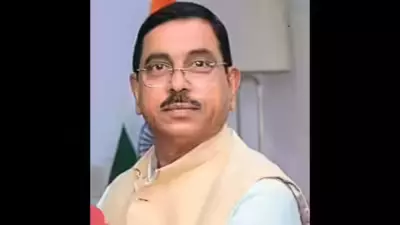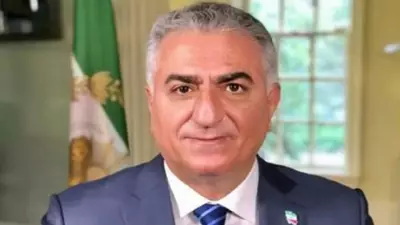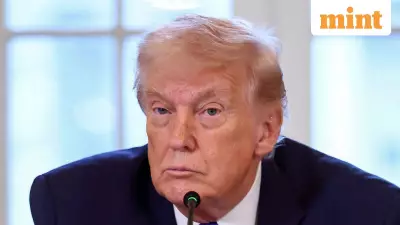
Prime Minister Narendra Modi delivered a powerful message on the pressing need for United Nations Security Council reforms during the IBSA Foreign Ministers meeting, asserting that changes are no longer merely an option but an absolute necessity for contemporary global governance.
IBSA Summit Highlights Urgent UNSC Restructuring
The Prime Minister participated virtually in the meeting where he emphasized the critical importance of reforming the United Nations Security Council to better reflect current geopolitical realities. The IBSA grouping, comprising India, Brazil, and South Africa, represents three major democracies from three different continents with significant stakes in global decision-making processes.
Modi specifically highlighted that the long-pending reforms have become imperative rather than optional. He pointed out that the existing structure of the UNSC, established in the aftermath of World War II, fails to adequately represent the Global South and developing nations in contemporary international affairs.
Strengthening Global Governance Through Reform
The Prime Minister's statement comes at a crucial time when multilateral institutions face increasing scrutiny about their effectiveness and representation. Modi argued that expanding both permanent and non-permanent membership of the Security Council would make the body more democratic and representative of today's world order.
India, which has been at the forefront of the UNSC reform movement, sees the IBSA platform as a significant vehicle to push for these changes. The three nations have consistently supported each other's aspirations for permanent seats in a reformed Security Council, recognizing their growing economic influence and demographic significance.
External Affairs Minister S. Jaishankar also participated in the meeting, reinforcing India's commitment to comprehensive UN reforms. The discussions focused on enhancing coordination among the three nations to accelerate the reform process that has been stalled for decades despite widespread recognition of its necessity.
Broader Implications for International Relations
The Prime Minister's strong stance at the IBSA meeting signals India's determined push for a greater role in global governance structures. Modi emphasized that reformed multilateralism is essential for addressing contemporary global challenges including climate change, terrorism, and sustainable development goals.
The meeting also reviewed the ongoing cooperation among IBSA members across various sectors including trade, investment, defense, and technology. The leaders discussed ways to enhance people-to-people contacts and cultural exchanges while strengthening their collective voice in international forums.
This development assumes particular significance as the United Nations continues to grapple with multiple global crises where the current Security Council structure has often demonstrated limitations in providing effective solutions. The call for reform from three major emerging economies adds substantial weight to the growing demand for restructuring global governance institutions.
As the world navigates complex geopolitical shifts, the IBSA nations' united stance on UNSC reforms could potentially accelerate the long-stalled process and bring much-needed changes to the international security architecture.





